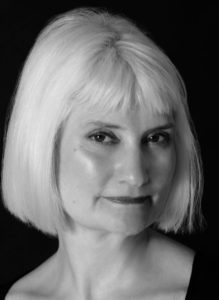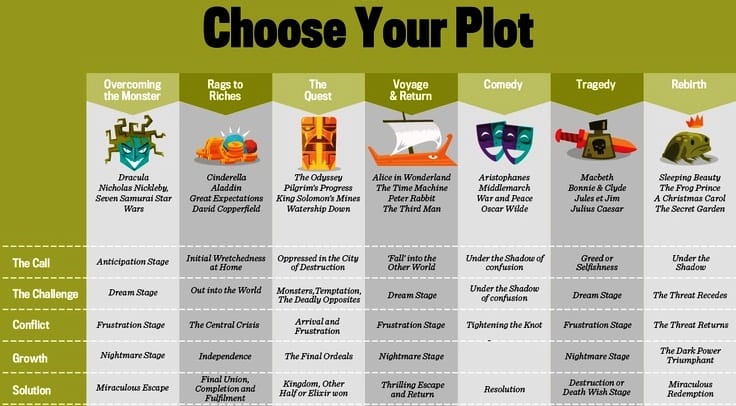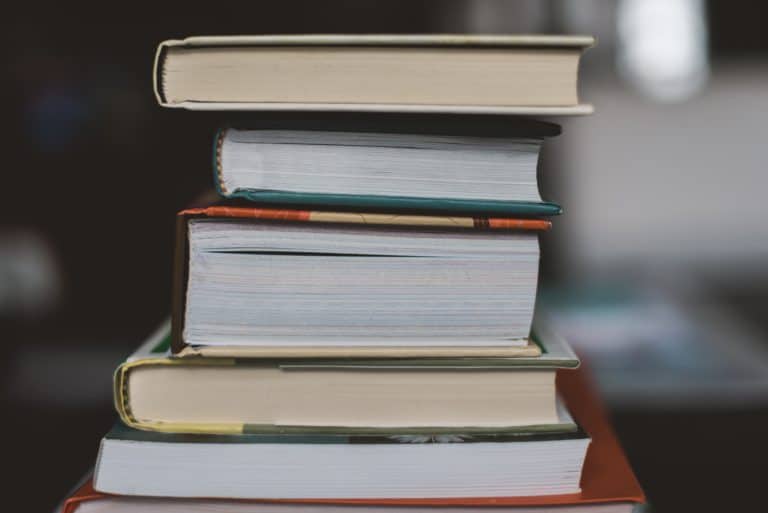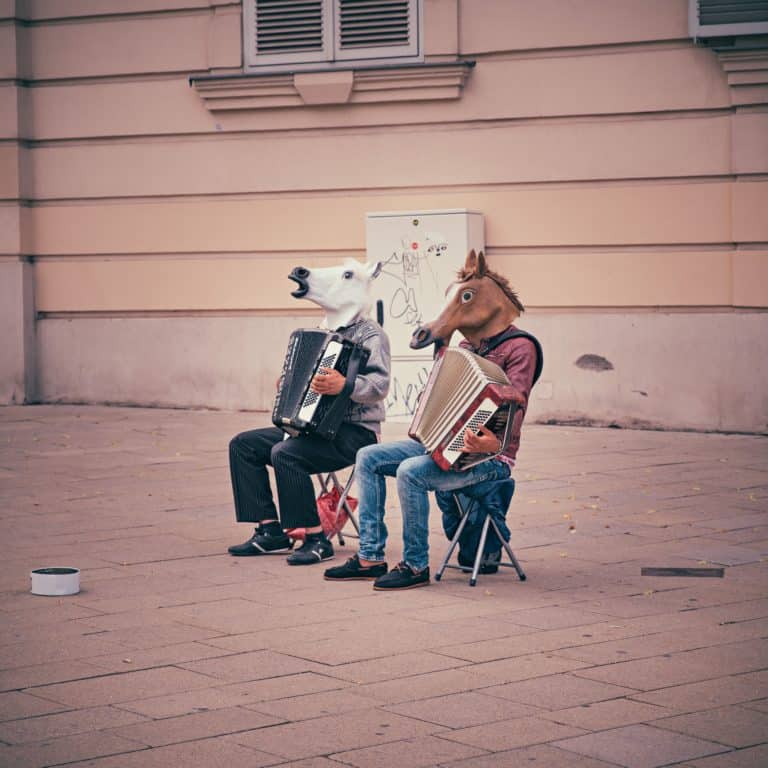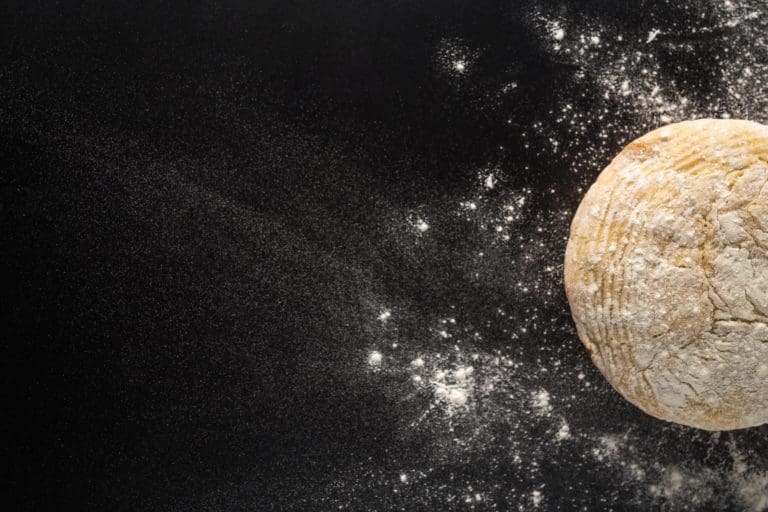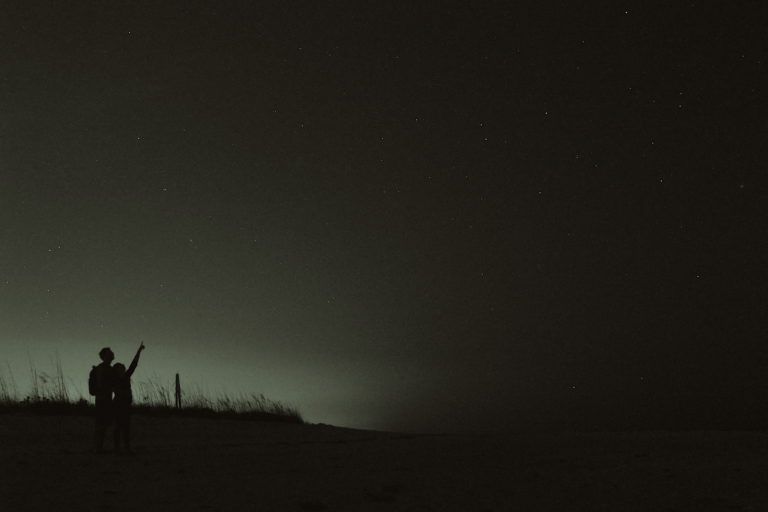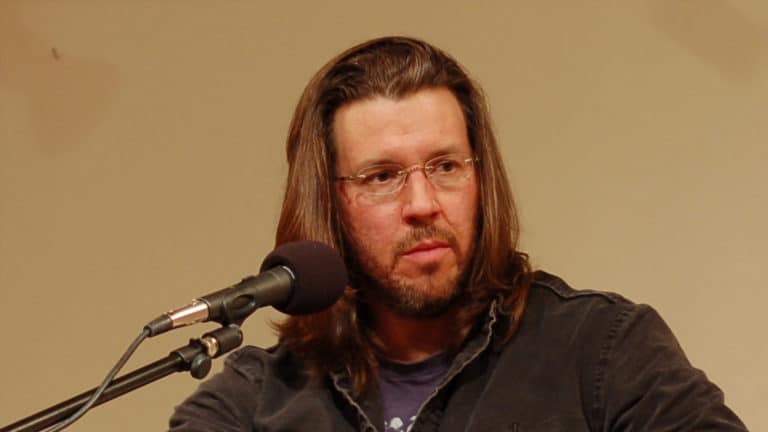I don’t plot. I started out as a poet. You don’t need plot in poetry, you have the page, all that dramatic white space, the ends of lines and stanza breaks to organize and build suspense. Readers hang on every word in poetry—and every word omitted. What readers hang on in fiction is just as complicated but perhaps the unrevealed tantalizes the fiction reader the most. The unrevealed is plot. That is to say, plot is basically withholding information in order to string the reader along to find out more. It can be as simple as not revealing whodunit or what’s in the box in the last chapter.
No plotting in my fiction doesn’t mean that nothing happens. It means I don’t plan what I’m going to withhold. A scene appears that’s interesting to me because it’s mysterious. How to reveal enough to make it work? Sometimes I have to go back and fix character or dialogue so the story goes along its merry way and still makes inevitable sense. Whatever’s withheld has to be something that fits neatly into the story’s groove, it has to be already in what’s been told. If the character isn’t the type to kill his mother, it’s my job to look closely into the character’s previous appearances and make that possible. Thank god, all people are secretly crazy.
Why not save myself some grief, and plot to start with? First, my disparagement: Plots are as cheap as dirt, all of them variations on Jack in the Beanstalk or Cinderella. It’s the language, the emotion, the point of view that make a plot seem brilliant, the way the writer reveals what’s been withheld. Second, the truth: Plot inhibits me. I will admit that at the beginning of my novel-writing life, I outlined and made note cards and then—I couldn’t fill in the blanks. I even hung up a clothesline with all my chapters attached to it to understand how the story unfolded, but that was after the chapters were written. “To plot it all out is to make a frame in the shape of an adult and imprison a child within it,” according to Gordon Lish. If I plot I can’t write because there’s nothing for me to discover. For me, writing a novel isn’t picking up a screwdriver as the parts come down the conveyor belt, it’s imagining what I need just around the time I need it. But that’s not every writer’s technique. John Irving likes to provide the entire plot of his novels in his opening line. His readers know what they’re getting into, they can relax about figuring out the plot and just admire the way Irving executes it. But to me, the most exciting writing happens when the writer’s discovering the story. This freshness shows in the writing, it can’t be faked.
How to do without plot without panic? Having a goal is different from a plot. Having a train station where you’ve decided your last scene must take place, or knowing the heroine must overdose is not plot. On cloudless days, Native Americans used to find their way through high grass by shooting an arrow toward the sun and heading toward where it dropped. That’s how I’d like to think I progress—without losing too many arrows.
John Hawkes dispensed with both character and plot, feeling that a rhythmically felt narrative was enough to hold a story together, that attention to the words used, the energy of the nouns and verbs, a slightly strange syntax is what fascinates. All you have to do is keep the reader from closing the book. Plot can manifest itself out of questions as diverse as: Why in the world does our hero watch that creepy girl? or How will this crazy sentence end? To make a piece of writing move off the page and into the mind most forcefully the author might use only the most telling detail. The reader can provide the mundane. Hawkes not only wanted the reader to keep reading but he wanted the reader to remember the book. That’s real ambition.
The first task—and thrill—for the writer is to surprise himself with his own imagination, and relay that surprise to the reader. Whether that’s done on the syntactic level or by having the protagonist forget to wipe his feet is up to the writer and the story he’s conjuring out of nothing. What’s important is that the story is revealed organically and with originality.
Now that’s poetry.
